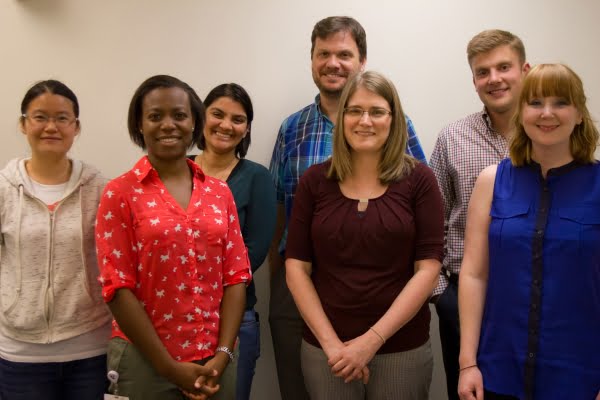- Researchers in Nashville, Tennessee, pioneer the use of 3D printing to create replica bone tissue
- Replica bone tissue used for microenvironment study of bone cancers and treatments
- Study results show remarkable difference from earlier findings about approaches to treatment

May 18, 2016, Rome, Italy. Press Dispensary. A team from Nashville, Tennessee, has used 3D printing to construct accurate replicas of human bone tissue in order to study properly, for the first time, how tumours and bones interact and how tumour-based bone disease might be treated. And already the new technique is suggesting what may be the best approach to stopping tumours being established in bone.
The new approach was described in Rome today by Dr Julie Sterling of the Department of Veterans Affairs and Vanderbilt University in Nashville, Tennessee, speaking on behalf of her colleagues from both institutions. Dr Sterling was addressing an audience at ECTS 2016, the 43rd annual congress of the European Calcified Tissue Society (ECTS).
Dr Sterling said: “Until now, it has not been possible to study the progress and treatment of bone cancers in the microenvironments of bones themselves or truly bone-like models. Instead, we have continued to grow cell cultures for study on tissue culture plates, essentially the modern answer to the Petri dish.
“So we used a combination of imaging and inkjet 3D printing technology to create 3D Tissue Engineered Constructs (TECs) that reproduce the form and mechanics of trabecular bone – the bone tissue found at the ends of long bones – as well as in the vertebrae of the spinal column and other places.”
The team made 3D-printed TECs of the tissue in three different human bone areas – the head of the femur, the tibial plateau and lumbar vertebrae – tested to show that they accurately mirrored the originals. These were used for a variety of studies that involved growing cell cultures, including stem cell cultures and bone-based breast cancer cell cultures.

Dr Sterling continued: “Importantly, we studied the behaviour of drug treatments on tumours cultured on bone-like 3D TECs and found a remarkable difference in effect when compared with tumours cultured on the conventional tissue culture plates.
“When bone-based breast cancer cells (bone-metastatic MDA-MB-231) cultured on the 3D TECs were treated with the inhibitor drugs Cilengitide or SD208 (intended to inhibit the growth and invasiveness of tumour cells), the apparent benefits that had been found in the tissue culture plates environment were not there.
“But when the treatment was the Gli2 inhibitor GANT58 (which inhibits signalling en route to the cell receptors), the treatment had a similar and significant effect whether in the 3D TEC environment or the tissue culture plate environment.
“This suggests that an effective way of blocking the establishment of tumours in bone may be to target factors downstream of cell receptors rather than targeting the cells directly.
“It also shows how important it can be to have a physical bone-like environment for the study of tumours and treatments.”
– ends –